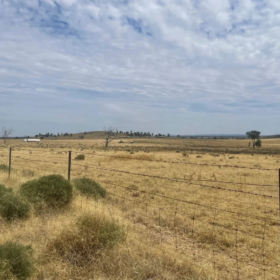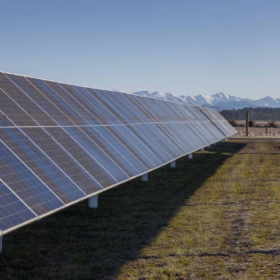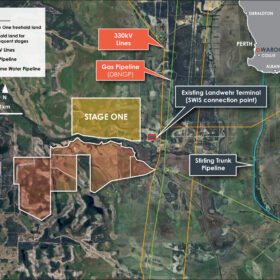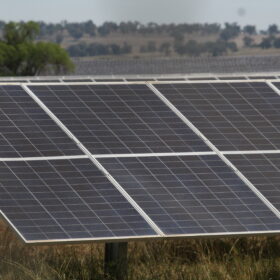Clean Energy Council Chief Executive Kane Thornton said the state-wide blackout in South Australia was the result of freak weather which caused a vast range of problems, including more than 20 huge electricity pylons which bent in half like paperclips.
“There were tens of thousands of lightning strikes and a series of mini tornadoes during the storm which ultimately plunged the SA grid into an unprecedented situation,” Mr Thornton said.
“Previous investigations by the regulator found a high level of compliance by market participants under these extreme circumstances. New rules for the operation of wind farms were developed by the Australian Energy Market Operator (AEMO) following the event, but they were operating as directed during the event, with a lot of extraordinary factors at play. This AER court action relates to highly technical and complex wind turbine settings.
“The wind industry has been working closely and constructively with the market operator and regulators to refine the operational settings of these plants. It is therefore unfortunate and disappointing that the AER has now chosen to pursue court action,” he said.
Mr Thornton said it remained unclear what – if anything – would be achieved by the court action.
“In its own investigation into the incident, the AER noted the commitment from all the wind farms involved to work together to restore power, then investigate the incident and take all appropriate steps to learn from it and stop it happening again. Given the remarkable nature of the storm and the incident, we supported this course of action.
“However todays court proceedings now create unnecessary tension between those who are there to oversee the system and those who are acting in good faith to ensure its integrity,” he said.






By submitting this form you agree to pv magazine using your data for the purposes of publishing your comment.
Your personal data will only be disclosed or otherwise transmitted to third parties for the purposes of spam filtering or if this is necessary for technical maintenance of the website. Any other transfer to third parties will not take place unless this is justified on the basis of applicable data protection regulations or if pv magazine is legally obliged to do so.
You may revoke this consent at any time with effect for the future, in which case your personal data will be deleted immediately. Otherwise, your data will be deleted if pv magazine has processed your request or the purpose of data storage is fulfilled.
Further information on data privacy can be found in our Data Protection Policy.